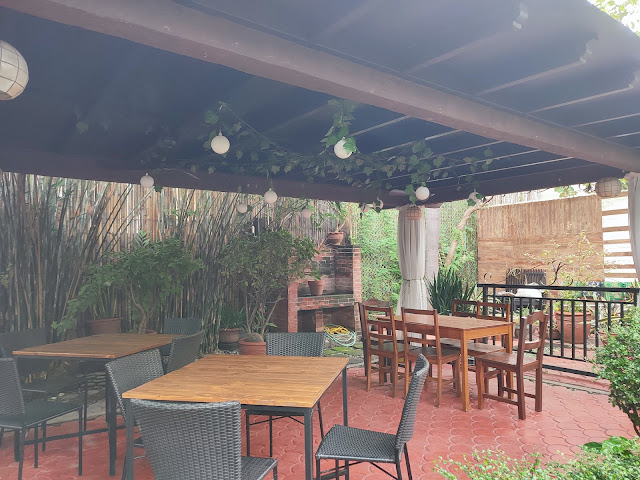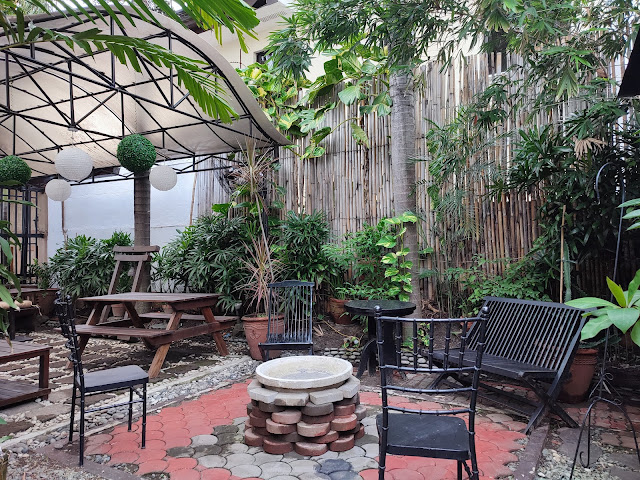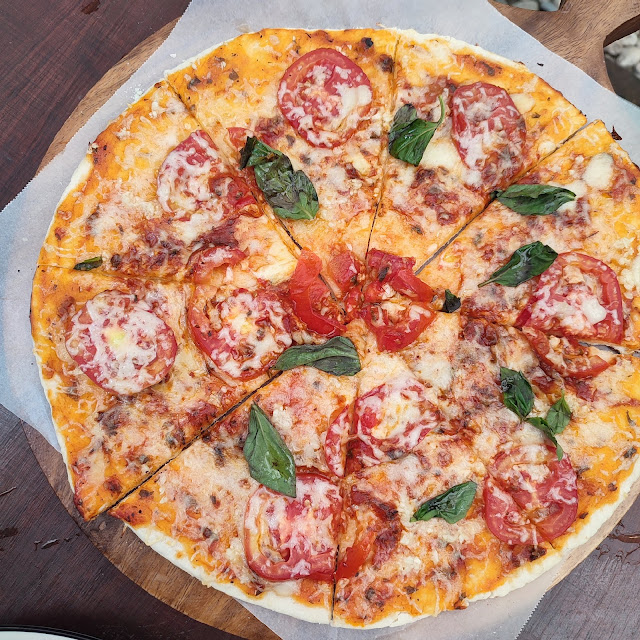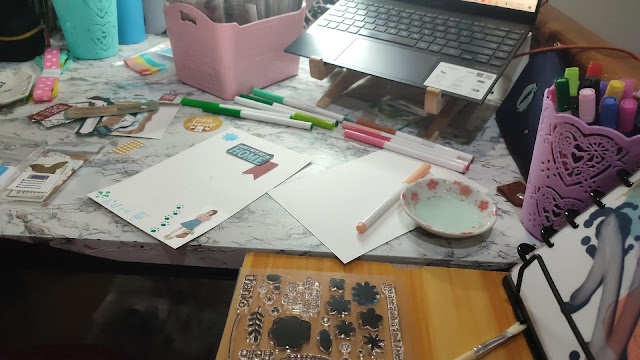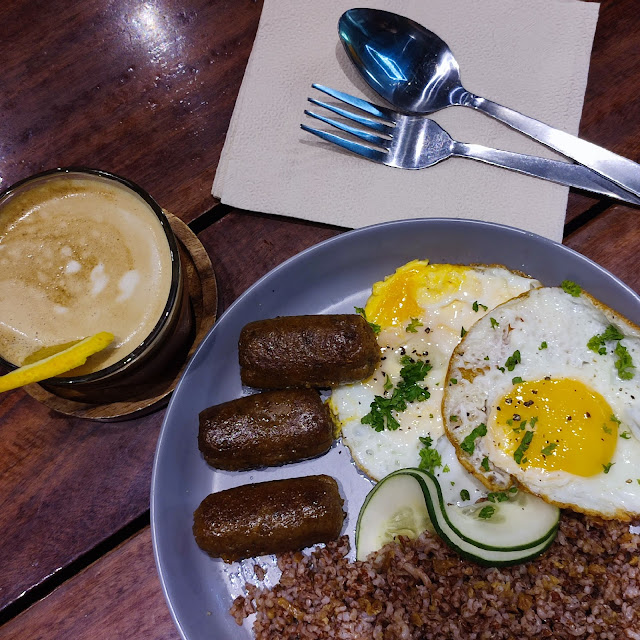With the prices of basically anything skyrocketing now, working on a budget is a must these days. After all, we can’t control the soaring costs of commodities, but we can somehow get a hold of how we get to spend our hard-earned money. In this article, you will learn some practical ways to get the most out of what you spend on your food. You will also get tips to maximize the food you buy (and what to buy). Aside from these, you will get some insights on how to cook and when you have to cook your food to stretch your food budget even a little further.
Meal planning does wonder.
As with most things, planning can help you save time and resources because everything is already laid out before cooking Filipino food at home. Also, knowing what you will cook for the rest of the week will help you plan what you need to buy from the market. Therefore, you will waste minimal to no resources, and you get to maximize your budget.
Based on your meal plan, create your grocery list.
This may seem overrated advice, but don’t go shopping if you’re hungry. Chances are you’ll get more than you need and spend more money. Eat your meal before you go for a quick errand to avoid this problem. Also, keep in mind to stick to the grocery list to avoid going overboard with the expenses. You may think that “it’s just for this time,” which is a dangerous mindset when you want to buy something that’s not on your list. You'll most likely get used to this line of thought and ignore your grocery list in the long run.
Do batch cooking and freeze the portions.
If you don’t have the energy or the bandwidth to do a large batch of cooking in a day, consider cooking a meal with a slightly higher number of servings. This is compared to what you would typically cook if you were to prepare something for yourself and your family. Set the excess portions aside and freeze them. Don’t forget to mark the container and take note when you prepare the food. This will give you a hint when you need to consume the food. Most frozen food will stay good even after a few months if prepared and stored properly.
In this regard, consider what types of food with their corresponding preparation techniques will freeze well. After all, you don’t want to end up with a sad, thawed meal. So you also need to do your research to avoid disappointment if you are planning to save money using this approach.
When you need a quick meal, just go to the freezer, get one of the portions, and heat them. You’ll save time and money and may even thank your past self.
Consider sustainable cooking.
Since the trend of sustainable living has been at an all-time high, so is the increasing demand to practice sustainable cooking. This requires you to use as many of the food ingredients as possible. For example, if the potato is one of the ingredients for your dish, consider using the peels and turning them into crisps for a quick snack. Another example is gathering and freezing all vegetable peels so you can later use them for your vegetable stock.
Get creative with your leftovers.
If you have leftovers that no one seems interested in eating at the end of the day, don’t throw them out just yet. You may “repurpose” it into another dish with similar ingredients as the original meal. Alternatively, you may also do an “enhanced version” of the dish by adding more elements that can make it more appealing. Another option is to turn the dish into a “spread” for your early morning pan de sal the next day.
Prepare or buy snacks that will keep for more extended periods.
We can’t stress this enough. If you tend to buy so much food that doesn’t last very long, and you don't manage to eat it all up before it turns rotten, you’re flushing precious money down the drain. In this light, we came up with a list of some items that are good to buy in bulk:
Crackers
If you’re looking for a quick bite but not really into a heavy meal at the moment, perhaps a cracker or two can do the trick. Eat these alone or with some spread, and you’re good to go.
Pre-cooked vegetables
They come in handy because they’re versatile and can keep in the freezer for months. You can use them in soups, salads, and even baked goods if you’re into them. Plus, they’re usually not as expensive as their fresh counterparts.
Frozen fruits
These can keep for about a year if optimally prepared and kept in the freezer with as low of a temperature as possible. For best results, keep them in small airtight freezer-friendly containers, so you don’t have to take out the entire bag when you just need a cup of fruits for a quick snack or some addition to a healthy smoothie.
Oats
They are dry, which means they can keep for a long time even if you don’t store them in the fridge. They are versatile, can go with many other healthy foods, and can be very filling simultaneously.
Nuts
Like crackers and oats, they store well for weeks and even months as long as they’re prepared and kept well in airtight containers. They’re great with oatmeal and can also be eaten alone as a source of fat. This way, you can stay full for longer periods. Complete for more extended periods means you don’t have to eat that often, which translates to savings in the long run.
Get your green thumbs to work.
Health is wealth, and what better way to see this in action than through eating vegetables, fruits, and other healthy food? Fortunately, there are a lot of edible plants that you can readily plant and grow so you can enjoy the fruits of your labor later on.
You don’t even have to own a piece of land to implement this tip. Container gardening is a thing, and you can also consider that option. It may have to spend a bit of cash at first (for the containers, soil, and other related necessities), but if you do it right, you can benefit from it for the years to come.
Some plants that you may consider planting include the following:
- Kangkong
- Eggplants
- Tomatoes
- Chilis
- Malunggay
- Okra
However, don’t limit yourself to just these examples and further explore what types of edible plants you can grow in your garden, regardless of space.
Budgeting and cooking are both challenges…
However, this doesn’t mean you have to compromise the nutritional value of your food if you’re on a tight budget for the coming months. After all, there are still some tremendous but easy ways to prepare your food that don't necessarily have to end up with you having long-term health issues.









